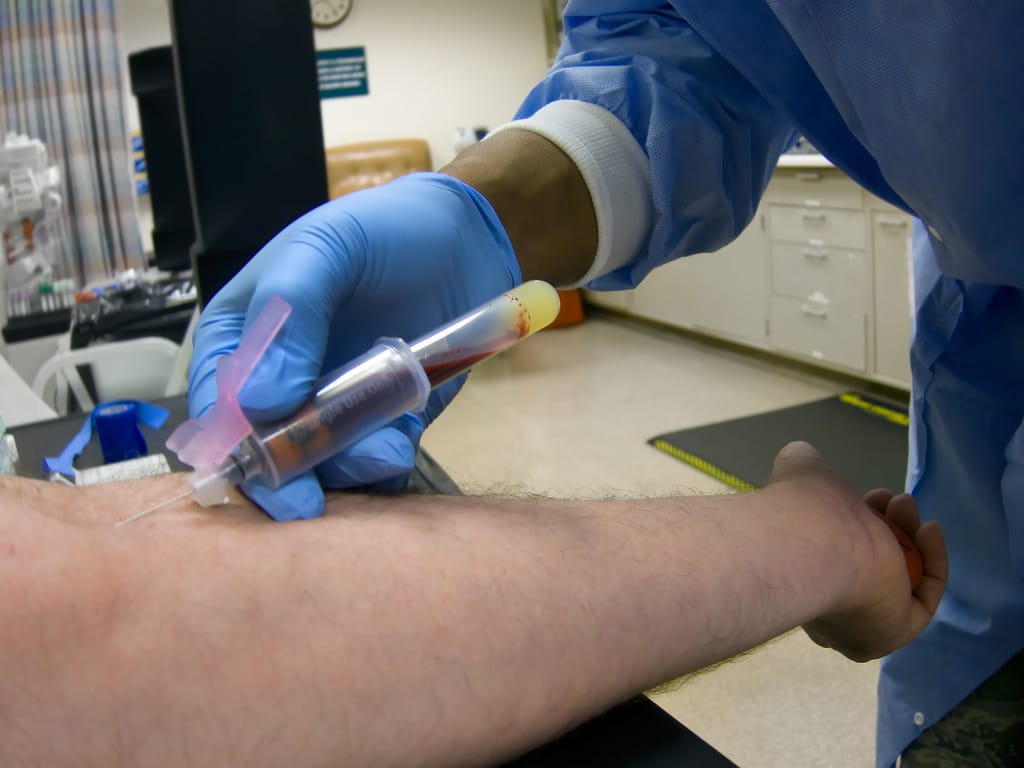
Even though the science underlying Ohio blood alcohol tests performed to support a charge of driving under the influence is sound, the process can be flawed.
Ohio Blood Alcohol Test Defenses
You can challenge blood alcohol test results submitted as evidence of operating a vehicle while intoxicated (OVI). You can challenge the warrant; the officer's claim they had consent. And you can also question technical aspects of the blood test, such as how the test was conducted, or how a blood sample was handled. The actual chemical analysis of a blood alcohol test is often accurate, but false positives occur when lab techs and police officers commit errors.
One of the first steps in challenging an Ohio blood alcohol test involves asking whether the officer who made the arrest and issued the DUI/OVI charge followed the script for requesting blood samples. State law requires the officer to explain to the suspect why a blood sample will be drawn, what the blood will be used for, and what can happen if the suspect refuses to have blood drawn voluntarily.
If you don't consent to give a blood test, the officer must usually get a warrant to take it. And often times, the officer doesn't bother with getting a warrant. But exceptions to the warrant requirement do exist.
Once a blood sample is taken, it should be sealed, refrigerated, and kept undivided. What the law calls the "chain of custody" cannot be broken. This means that people who handle the sample must be identified, and what they did with the sample must be documented. Any possibility that a blood sample has deteriorated or been tampered with can be used as a defense against the accuracy of the blood alcohol test.
The OVI-related blood test must also be performed by adequately trained personnel in a state-certified facility. This will usually be a hospital. If blood is drawn in a police station or jail, grounds may exist for making the result inadmissible in the prosecutor's case against you.
Next, all the laboratory equipment used to analyze the blood samples must be in full working order, recently calibrated, and used correctly. Labs are required to keep detailed maintenance and procedural records. A knowledgeable Ohio blood alcohol test defense attorney will review that paperwork to discover faults and mistakes.
Last, blood used for alcohol testing must be drawn and analyzed soon after the alleged DUI/OVI offense. Waiting as little as three hours to perform the laboratory test can make blood levels a poor indicator of alcohol consumption. This is true for a couple reasons, mainly because the sample coagulates and dehydrates over time, leaving close to the same amount of alcohol but less water in an older sample.
If a blood test result is being used to support an OVI charge against you, call Ohio drunk driving defense attorney April Campbell or contact her online. Campbell Law will fight against allowing a blood test to be used against you in court.
Image Credit: Creative Commons / Robert Couse-Baker



No Comments
Leave a comment